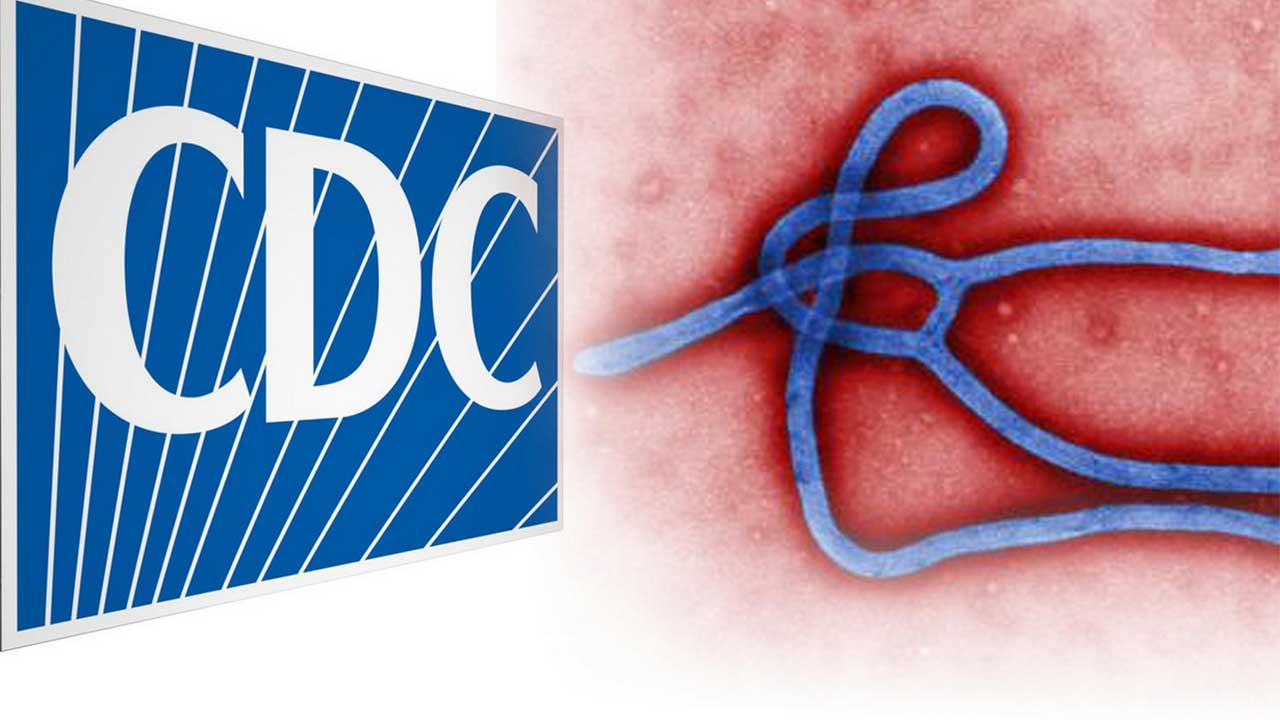CDC: Breach in protocol led to second Ebola case

DALLAS, TX -- Top federal health officials said Sunday that the Ebola diagnosis in a health care worker who treated Thomas Eric Duncan at a Texas hospital clearly indicates a breach in safety protocol.
But the unidentified worker has been unable to pinpoint where that breach might have occurred, according to Dr. Tom Frieden, head of the Centers for Disease Control and Prevention.
" single inadvertent slip can result in contamination," he said during a briefing.
He said the CDC has recommended that the hospital where the worker is being treated - and where Duncan died Wednesday - should keep "to an absolute minimum" those who care for Ebola patients and should perform only those procedures that are essential to a patient's treatment.
The agency also called on the hospital to put in place a "full-time individual responsible for oversight of infection control."
"In terms of safe and effective care, we had already begun several days ago to ramp up the education and training of health care workers at this facility," Frieden said.
He cautioned that additional health care workers could develop Ebola even as he expressed confidence that the "chain of Ebola" could be broken.
He said that the CDC, as part of its investigation on how the worker became infected, would look at dialysis and intubation, procedures with the potential for spreading infectious material, as well as the removal of protective gear. Removing it incorrectly can lead to a contamination, he said.
There is a balance in the use of personal safety equipment, Frieden said, and "putting more on isn't always safer. It may make it harder, to provide effective care."
Earlier, on CBS' "Face the Nation," Frieden said the worker was doing self-monitoring. "Immediately when they developed symptoms, they isolated themselves, they were promptly isolated at the hospital so that any further spread from that individual was stopped," he said.
Dr. Anthony Fauci, director of the National Institute of Allergy and Infectious Diseases, said there "certainly had to have been an inadvertent, innocent breach of protocol of taking care of a patient within the personal protective equipment."
"We do know what when you do follow that protocol, it works," he told ABC's "This Week."
The virus that causes Ebola is not airborne and can only be spread through direct contact with bodily fluids - blood, sweat, vomit, feces, urine, saliva or semen - of an infected person who is showing symptoms.
In Spain, a nursing assistant diagnosed with the virus after caring for an Ebola patient recalled touching her gloved hand to her face while removing equipment and health authorities there are looking at that as a possible cause of infection.
"We know from many years of experience that it's possible to care for patients with Ebola safely without risk to health care workers," Frieden said. "But we also know it's hard."












